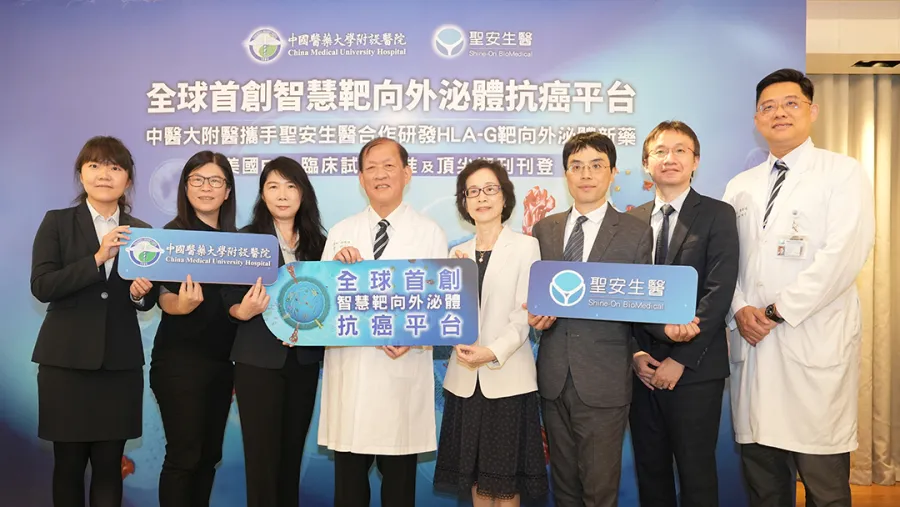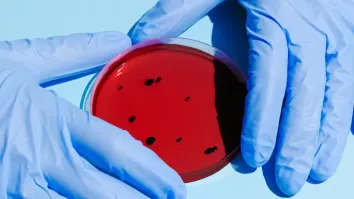
CMUH develops HLA-G-targeted exosome therapy for cancer
The platform was built using nanobody technology.
China Medical University Hospital (Taiwan), in collaboration with Shine-On Biomedical Co., has developed SOB100, a targeted exosome drug delivery platform for the treatment of aggressive cancers such as breast cancer and glioblastoma.
The platform was built using nanobody (VHH) technology to target HLA-G, a molecule often overexpressed by tumour cells to evade immune surveillance.
It uses a gene-engineered exosome membrane with nanobodies that bind to HLA-G, enabling precise delivery of SOB100’s therapeutic agents to tumour cells whilst minimising the systemic toxicity of conventional chemotherapy.
SOB100 received approval from the US Food and Drug Administration to begin Phase I clinical trials in humans last March.
Before this, it demonstrated the ability in multiple animal studies to deliver small molecules and nucleic acid drugs across the blood-brain barrier.



















 Advertise
Advertise




